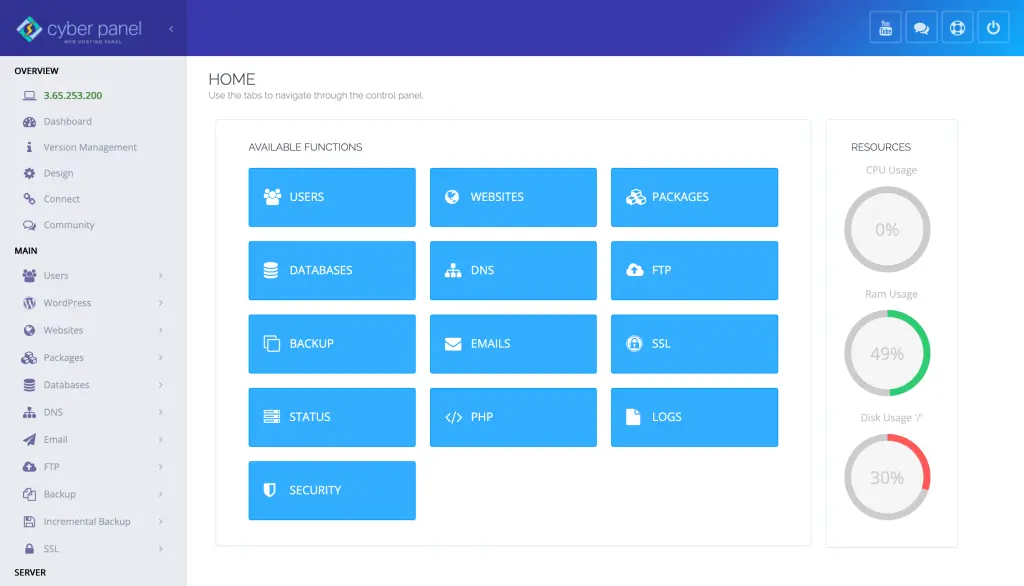Not all tasks should exist on every host in Ansible land. Sometimes a role should run from a particular machine – say, the control node, or some bastion host, jump post, or whatever. This is what the delegate_to directive is for. How many times do you want to break down a task? With Ansible delegate_to, you tell it specifically which host should run the task; this separates where you run your logic and where the change occurs.
Whether you’re copying files, collecting data, or chaining complicated workflow coordination, this function provides a cleaner alternative. You can do things from localhost (with delegate_to: localhost), you can put tasks all in one place, and you can perform multi-step operations easily. With blocks, you can delegate the same tasks to a common delegation with multiple tasks to assign one common delegation under an Ansible block delegate_to statement, for example, and even modify which host is running your ansible copy delegate_to steps.
This article will dive into the wonders of delegate_to, giving you the tools to consolidate tasks and cut down on repetition, and create more coherent, resilient playbooks. Through mastering the art of delegation, you achieve flexibility and control over your automation pipelines, making informed decisions on the when/where/how of your work.
How Do You Use delegate_to in a Playbook?
You use delegate_to by adding it under a task. Example:
- name: Copy file to remote server
copy:
src: /local/path/file.txt
dest: /remote/path/file.txt
delegate_to: my-admin-host
This instructs Ansible to execute the copy module from my-admin-host, even if other hosts are targeted in the playbook run. It simplifies complex orchestration and ensures consistent task execution points.
What is delegate_to: localhost is Used For?
Using delegate_to: localhost in ansible is ideal when the task involves local actions, like interacting with an API or generating a configuration file. Example:
Get exclusive access to all things tech-savvy, and be the first to receive
the latest updates directly in your inbox.
- name: Gather version info via API
uri:
url: https://api.example.com/version
method: GET
register: version_info
delegate_to: localhost
In this case, Ansible runs the API call on the control machine. This avoids unnecessary complexities on remote hosts and provides faster, centralized processing.
Can You use delegate_to Inside an Ansible Block?
Yes. When used at the block level, ansible block delegate_to ensures all tasks within the block run from the same host:
- block:
- name: Generate config
template:
src: config.j2
dest: /tmp/config
- name: Deploy config to servers
copy:
src: /tmp/config
dest: /etc/app/config
delegate_to: my-control-node
How Do You Implement delegate_to with the Copy Module?
When you use ansible copy delegate_to, you tell Ansible to execute the copy task from a delegated host. Example:
- name: Deploy database seed file
copy:
src: /files/seed.sql
dest: /var/db/seed.sql
mode: '0644'
delegate_to: database-prep-server
run_once: true
This ensures that only the database-prep-server copy module runs, and only one host performs it (run_once: true). This prevents redundant file transfers and ensures consistency.
Common Issues with Ansible delegate_to
Users frequently neglect to set this to run_once: true, causing a redundant operation. Delegation can prepare the ground for breaking variable scope as well, unexpectedly (by the way, you don’t have any variables from the target host, only from the delegated). Finally, any privileged tasks (e.g., copy to a remote location) may fail if the delegated machine does not have access to it.
These pitfalls are there to help you avoid the most frequent organizational missteps so that your playbook runs smoothly.
Role of CyberPanel in Delegated Ansible Workflows

If you are running multiple web hosting environments with CyberPanel, i.e., a web hosting control panel, then you want to start to look into delegate_to to make a seamless orchestration of things. You might:
- Create SSL certificates from a bastion (delegate to: bastion-node)
- Upload backups to the site once from the one central node
- Grasp app deployments before the propagation towards CyberPanel servers.
This approach allows you to have all your hosting control operations organized and manageable from a single authority machine.
Frequently Asked Questions
Can I assign a task across multiple inventories?
Yes, if the delegated host exists in your Ansible inventory.

What impact does delegate_to have on the scope of the target variable?
Yes. The variable of the delegated host is in effect, so be careful with host-specific settings.
Can I delegate for tasks with become?
Yes. Combine with become: true to elevate privileges on the delegated machine.
Can I delegate handlers?
Yes. Delegation does not work for handlers as long as the delegated host is in the active host list.
Wrapping Up!
Learning delegate_to ansible enables you to consolidate your task handling, streamline your multi-host management, and increase productivity. From local delegations with delegate_to: localhost to copying files with ansible copy delegate_to, it serves as a fundamental building block in your Ansible toolkit.
Start using delegate_to today for centralized control, efficiency, and clarity in your playbooks!



